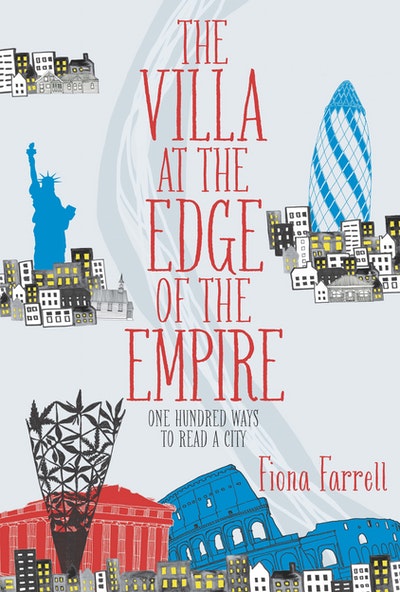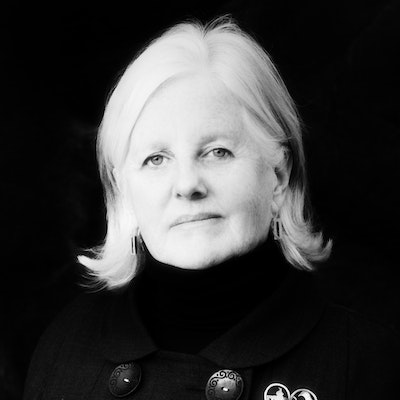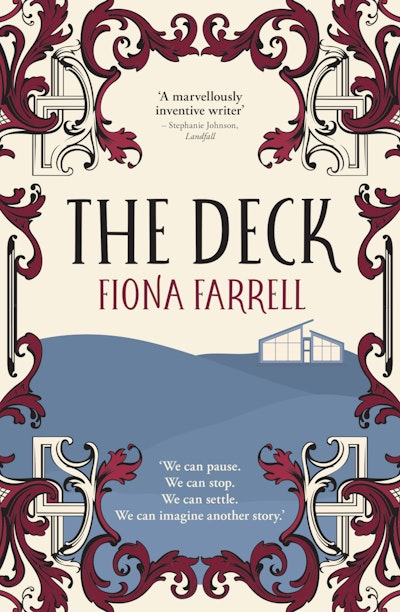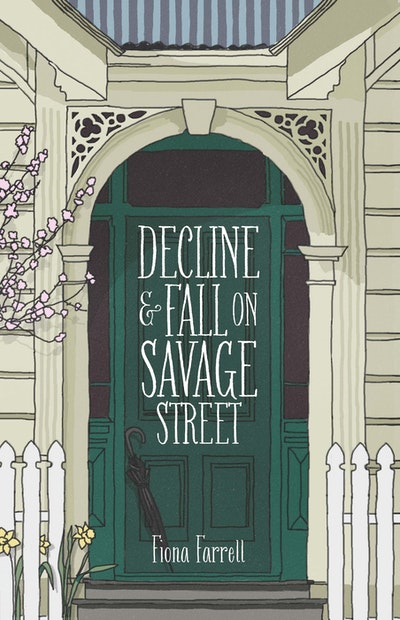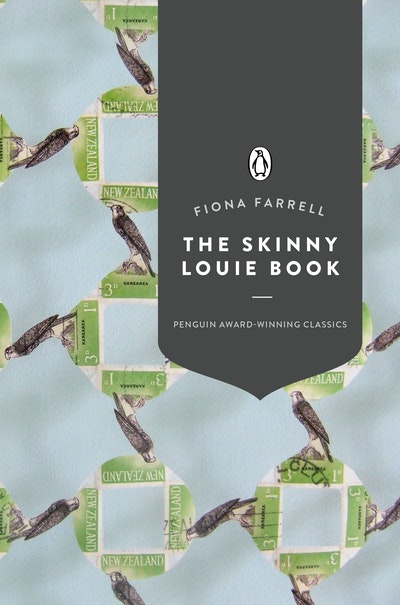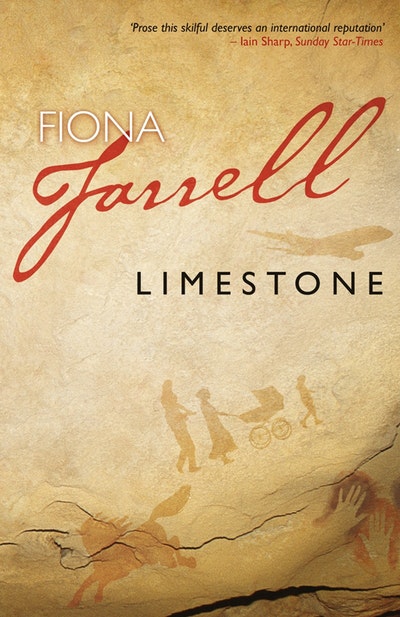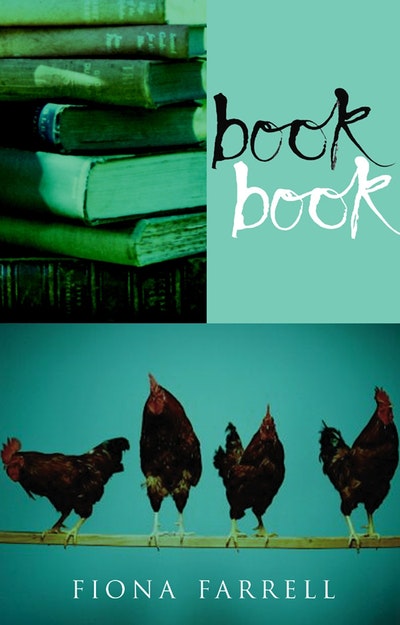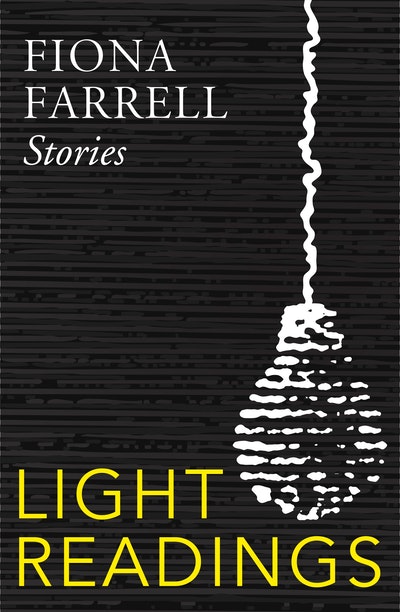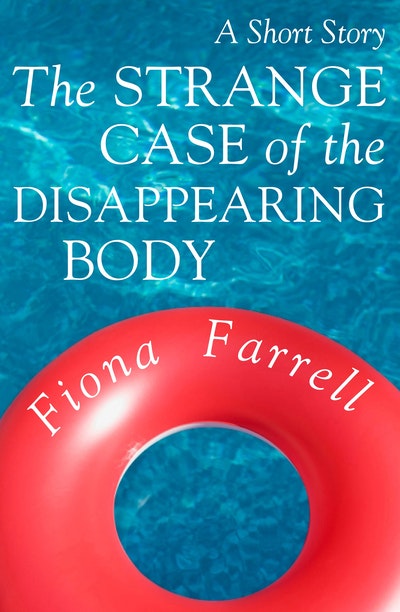- Published: 24 June 2015
- ISBN: 9781775537526
- Imprint: RHNZ Adult ebooks
- Format: EBook
- Pages: 368
The Villa At the Edge of the Empire
One Hundred Ways to Read a City
- Published: 24 June 2015
- ISBN: 9781775537526
- Imprint: RHNZ Adult ebooks
- Format: EBook
- Pages: 368
The research is prodigious but laid lightly upon the page with something wonderful in every chapter and, as often, something terrible. . . This is the book those of us outside Christchurch, watching from afar in ill informed horror, have been waiting for. It confirms all our worst suspicions. And for those who have lived through the disaster, it will provide a coherent account of events they must at times have struggled to believe were actually happening. The Canterbury earthquakes and aftermath have produced a lot of bad books, as well much fine writing. With The Villa at the Edge of the Empire, the quakes have produced their first indispensable one. This is the first of two volumes, the next of which will be a work of fiction. I can't wait.
North & South
Fiona Farrell's new book is a marvellous and wise account of life in Christchurch after the earthquakes. . . Some of us have been waiting for a book like this about the earthquakes and the years after; a book this literate, considered and insightful. . . . Farrell's book gets some of this communal experience and conveys the right sense of outrage. Yet it can also be funny. Her opening pages, in which she reviews the bombastic media launch of the blueprint in 2012, must be some of the sharpest writing about the rebuild so far . . . It is true to say that this is also a political book. Fair enough, too, as the recovery is a political story. . . . The book is packed with thinking but the wisdom is, as reviewer Paul Little said, "laid lightly upon the page". Everyone is sure to learn something. Roman philosophers are consulted. The lovely word "solastalgia" is cited. . . .
Philip Matthews, Weekend Press, Christchurch
A book written with an angry mind, a philosophical spirit and a wise and forgiving heart, The Villa at the Edge of the Empire is fiendishly difficult to classify. Part autobiography, part polemic and part discourse on history and nature, it is a response not only to Christchurch's lethal earthquake of 2011, but also to the very flawed way in which the city is being reconstructed and rebuilt. . . . An endnote to The Villa at the Edge of the Empire says it is the first, non-fiction part of a two-part project, the second volume of which will be fiction. Like this one, it should be a must-read.
Nicholas Reid, Sunday Star-Times
This book is simply astonishing. It is a book warm and sharp, so beautifully crafted, that depends upon an astute mind at work, a heart that travels and cares, ears that attend, eyes that reap images, experiences. It is a book of Christchurch; a book that signposts the city of the past, navigates the city of the present and dreams the city of the future. Both poetic and political, the protagonist Christchurch enacts a layering of cities. In this mind and that mind. From this mouth and that mouth. Here and there. It is an essential read, not just in the way it draws you into the unspeakable (a city devastated), but in the way it reminds you of what it means to live in communities. If our media (in part) is reluctant to sustain deep, keen and rigorous analysis of the ideologies and the structures that shape us, then thank heavens for a book like this. I love the fact that when Fiona embarks on a project she is not sure whether she can pull it off. That to me underlines her courage and her tenacity. If I recommend one book this year, this is it.
Paula Green, Poetry Shelf
It is a tremendous piece of work from a brilliant mind that examines Christchurch, how the city was made and how it is remaking itself postearthquake. . . . It's a hallmark of real genius to be able to tackle such a difficult topic and create such a readable book.
Herald on Sunday
Fiona Farrell's Villa at the Edge of the Empire is fascinating and provocative.
Harvey Perkins, NZ Listener
Essentially about Christchurch, the earthquake, aftermath and rebuild. But it is much more. It is geography, maps, geology, history, philosophy and empathetic stories about people devastated by earthquakes, their houses and lives shaken to pieces. A must-read for all except those too traumatised to relive this chaotic time.
Rosie Sanderson, Daily Post
One of our finest writers reflects on the Canterbury earthquakes with compassion, intelligence, anger and creativity, looking at Christchurch from its earliest days to the current process of rebuilding the city, observing the people, priorities, processes and absurdities of the rebuild.
Kia Ora Magazine
